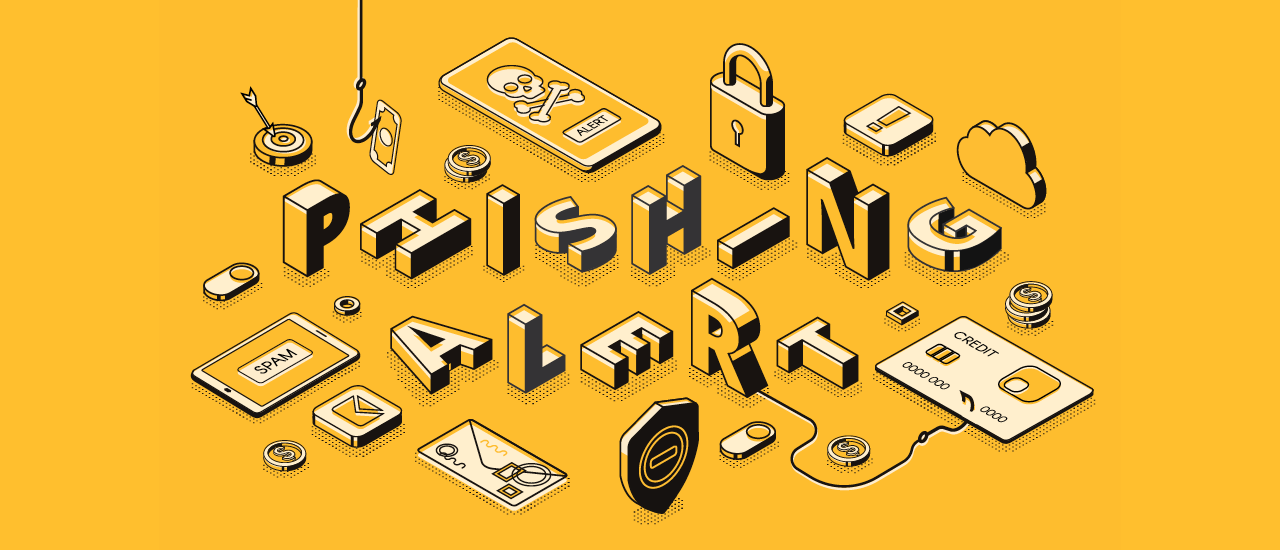Scam Artists Use Pandemic to Target Businesses

As businesses struggle to adapt to the challenges of the COVID-19 pandemic, scammers are hard at work doing their best to take advantage of the confusion.
The Federal Trade Commission has collected information about the many ways scammers are using the crisis to target your business.
The FTC categorized these scams into seven categories.
Public Health Scams
These scams typically are email or phone-based phishing efforts.
Typically, scammers pose as members of the U.S. Centers for Disease Control and Prevention or the World Health Organization and attempt to solicit document downloads or links containing malware or provide confidential information like social security numbers or tax IDs.
Government Check Scams
This type of scam involves someone contacting you via phone, email, or even text claiming to be from the government and looking to provide federal grants or funding provided you send personal information or an upfront payment.
Look for this type of scam to increase now that the federal government has passed a $2.2 trillion relief package and the state continues to roll out its own initiatives.
Business Email Scams
These scams attempt to take advantage of the increased telecommuting efforts implemented by many companies.
Scammers identify business leaders, create email addresses posing as that individual, and then send employees emails requesting wire transfers, gift card codes, or other financial transactions.
IT Scams
This type of scam is very similar as the business email scam, but instead involves an individual posing as a member of the company’s IT department with the goal of getting employees to download malicious software.
Supply Scams
These scams take advantage of the disruption in supply chains and ability of normal vendors to provide necessary materials. They are looking for your credit card information.
Robocall Scams
These scams are continuously evolving, but the FTC has learned of efforts to sell fake test kits, health insurance, vaccinations, or cleaning supplies.
Others involve posing as individuals from Google asking businesses impacted by the virus to ensure their Google listing is accurate.
Data Scams
These scammers are targeting data-rich businesses, hoping the IT departments are too overwhelmed to notice hackers infiltrating their databases.
One final tip: If you are making donations of any kind during the crisis, make sure it’s to an organization you trust.
Never make donations to those soliciting them via cash, gift card, or money transfer.
RELATED
EXPLORE BY CATEGORY
Stay Connected with CBIA News Digests
The latest news and information delivered directly to your inbox.


